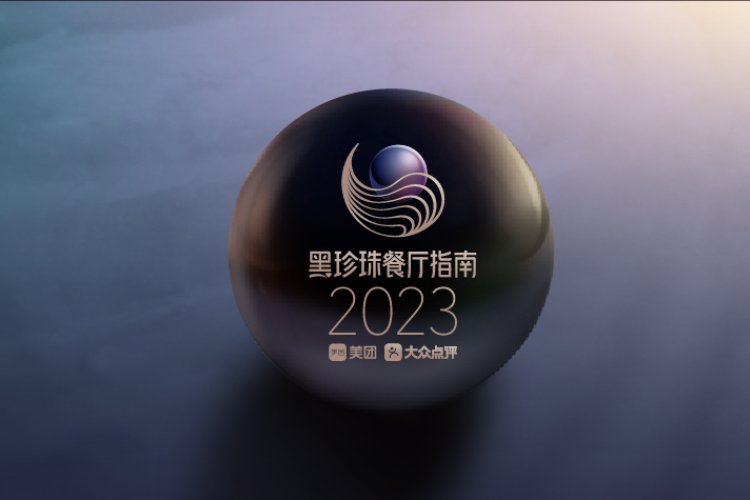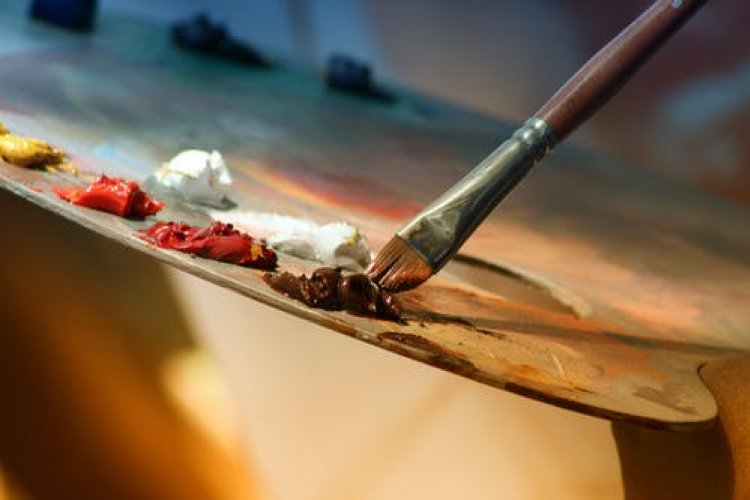Operatic Gestures: Is Mandarin Ready To Take The Stage?
Amidst the city’s trumpeting cars and trilling vendors, listen closely and you’ll hear another sound reaching its crescendo: a bel canto aria.
Attending performances of Western opera, a complex and expensive art form, has become a cultured status symbol for China’s rising middle class. Meanwhile, even as the popularity of Italian and French opera grows, high-profile modern exports like Guo Wenjing’s Poet Li Bai and Tan Dun’s The First Emperor demonstrate the talents of Chinese writers, directors and performers.
It seems two opera traditions are about to collide, then hurtle into the future together. The Hanyu Academy of Vocal Arts is hosting the first-ever “I Sing Beijing,” a festival bringing 20 international opera singers here to learn Mandarin as a new form of lyrical communication. They’ll be coached in both Chinese and Western modern repertoire by experts from New York’s Metropolitan Opera. The program will culminate in a gala concert of Chinese and Western pieces.
Tian Haojiang, the program’s founder and director, proclaims, “We can sing Italian, French, German and Russian already and I think that any singer, no matter from which country, can learn Chinese. Chinese should join the lyrical language and become a singing and international language. It’s already happening and opera is an international art form, so why not?” Though Tian is now a world-renowned opera singer, he is first and foremost a Beijinger. Born and raised here, Tian found his calling in the popular songs and ballads of his day before enrolling in the Central Conservatory of Music in the late 1970s, then emigrating to the US to further his education.
“It was December 17, 1983,” Tian recalls. “I bought a standing pass to see Verdi’s Ernani at the Met. I was totally overwhelmed. I never thought opera could be so powerful. From the angles of the opera house, the costumes, the stage, the people around me and Luciano Pavarotti in front of me, I just couldn’t forget that night.”
Now, “I Sing Beijing” participant Thomas Glenn is getting ready to have his own culture-bending revelatory moment. According to him, “Opera is seeking new ways to reinvent itself under a director’s art and not a singer’s prowess. Modern singers must be dynamic interpreters of many different styles.” It’s this evolution of the art form that makes “I Sing Beijing” both possible and necessary.
The “I Sing Beijing” Gala takes place at the NCPA on Aug 18.






